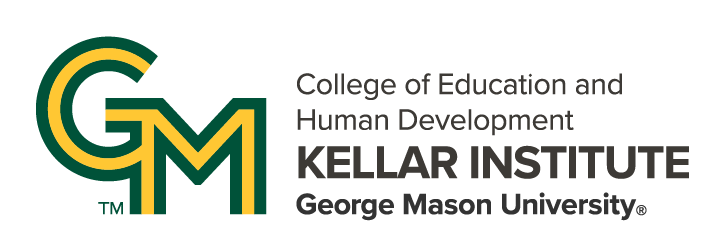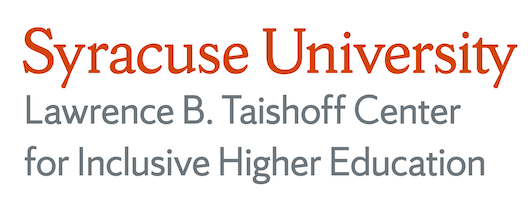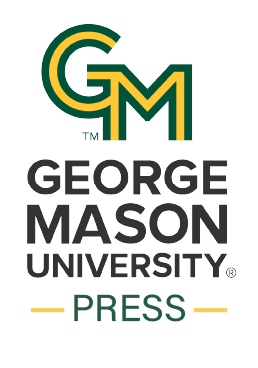Special Education Teacher Preparation and Inclusive Postsecondary Education: Effects of a Peer Mentorship Field Experience
DOI:
https://doi.org/10.13021/jipe.2024.3835Keywords:
inclusion, postsecondary education, teacher education, intellectual disability, developmental disbilityAbstract
Students with intellectual and developmental disabilities (SWIDD) often require academic, employment, and social support to be successful in inclusive postsecondary education programs. One way to provide support in these areas is via peer mentorship. In addition to SWIDD obtaining the support they need; peer mentors also benefit from the relationships that are established. This qualitative case study examined the impacts of a peer mentorship program associated with an inclusive postsecondary education program on Special Education Teacher Candidates (SETCs). The program existed as a service-learning portion of a course focused on secondary special education. Key findings included: 1) SETCs developed a better sense of disability; 2) learned to see SWIDD as peers; and 3) made connections to the importance of transition planning for students even while in elementary school. Based on the findings of this study, those who prepare special education teachers should consider providing SETCs with opportunities to work with SWIDD in inclusive postsecondary education settings.
Downloads
Published
How to Cite
Issue
Section
License
Copyright (c) 2024 Jeremy Ford, Julianne Wenner, Andrew Scheef

This work is licensed under a Creative Commons Attribution-NonCommercial-ShareAlike 4.0 International License.




